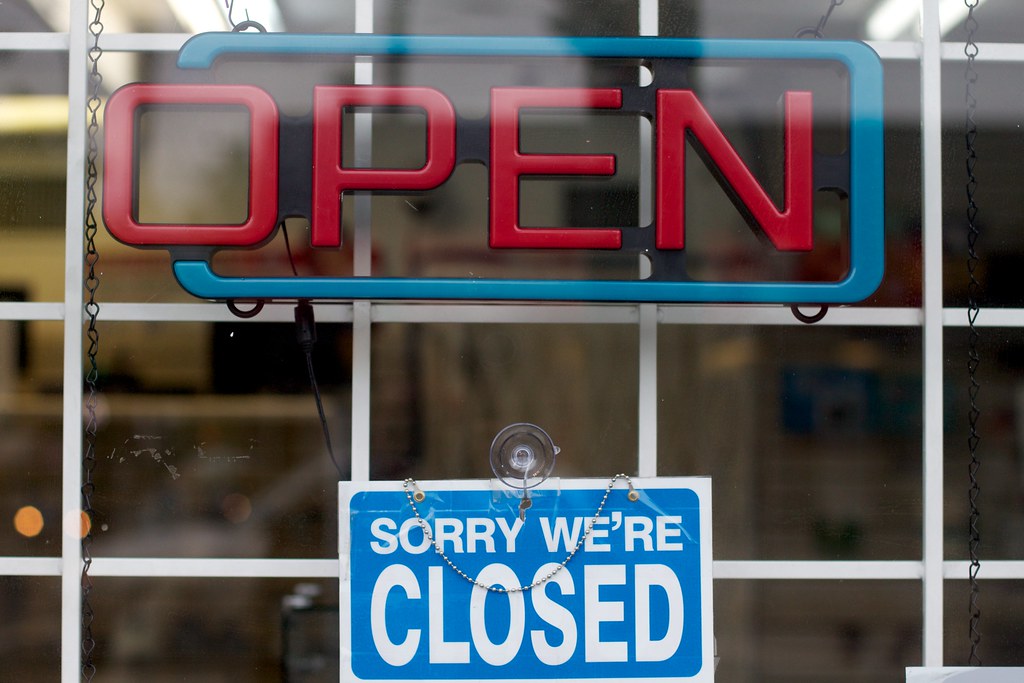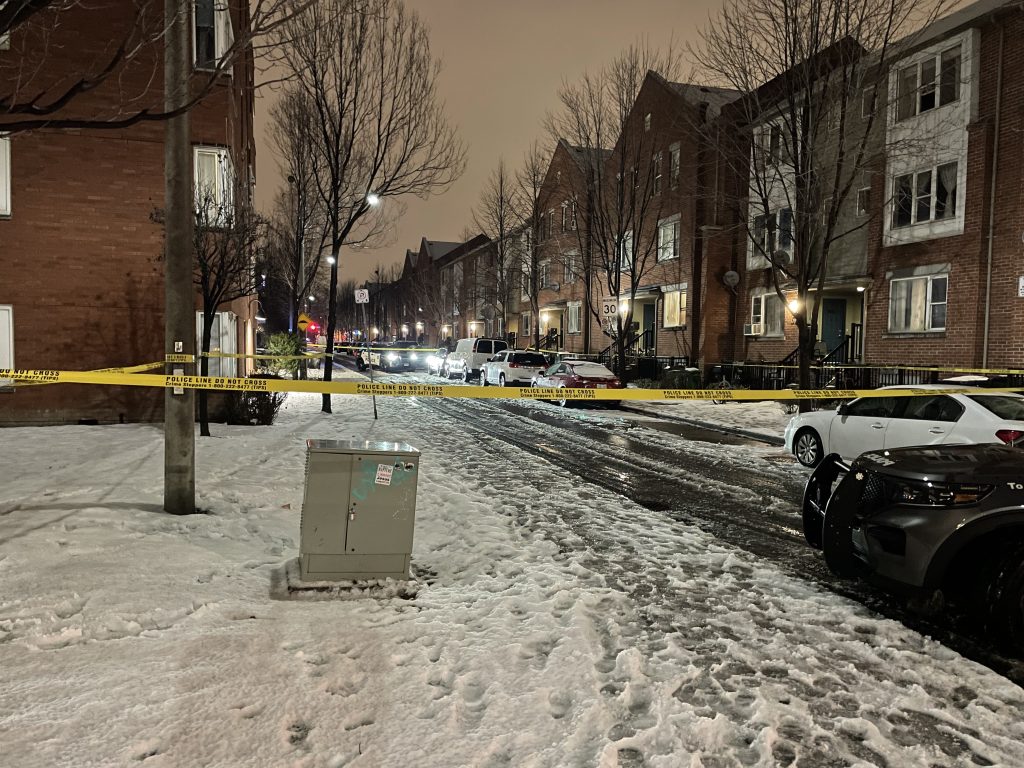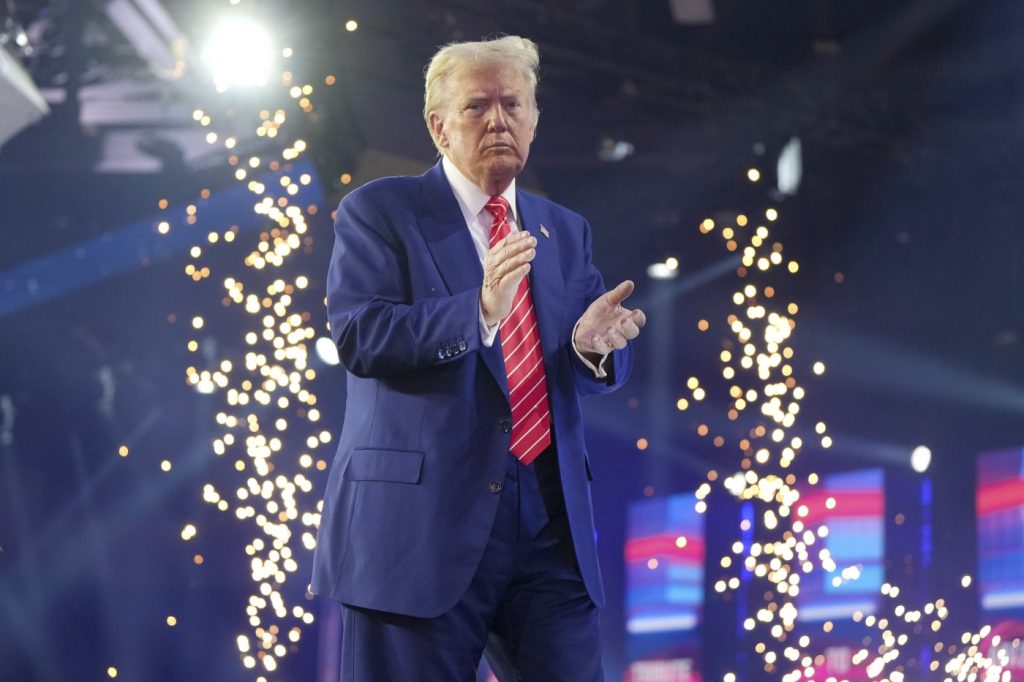Blue Jays must confront wider issues after sweep by Twins
Posted October 5, 2023 5:54 am.
Last Updated October 5, 2023 9:13 am.
There were more than enough questions about why process didn’t deliver results for the Toronto Blue Jays in this maddening season before John Schneider walked out to the mound in the fourth inning to pull a dealing Jose Berrios and replace him with Yusei Kikuchi.
Regardless of the decision’s outcome, good or bad — and it was the latter, of course, providing the defining moment Wednesday in a season-ending 2-0 loss to the Minnesota Twins — everything that went into the decision ties into the wider issues this team must confront.
None of this happens if an offence that was supposed to be a strength and wasn’t, capitalizes on the early opportunities it managed against an uneven Sonny Gray. Absent a lead the Blue Jays — and the use of the collective as opposed to Schneider here is intentional because this is an organizational decision, not solely a managerial one — took to managing as if they had to win 1-0. Under those circumstances, you can certainly argue that Berrios, whom lefties slugged .450 against during the regular season, shouldn’t face a run of lefties with a runner on.
But that the move ran counter to the game flow, to the way Twins hitters were reacting to Berrios, demonstrated a commitment to game-plan over feel, not to mention a shocking lack of trust for a right-hander the front office signed to a $131-million, seven-year extension only two falls ago. If the Blue Jays don’t trust Berrios enough to face Max Kepler and Alex Kirilloff twice in a game, then they should have committed all that money to someone they do instead.
The thing is, trust, or lack thereof, goes two ways and players competing their hearts out need to believe in the game plans mapped out by the coaching staff and front office. Worth noting is that everyone is working their hardest to make the best decisions possible in high-stakes moments, so just dumping on analytics is turning a blind eye toward information that can help deliver wins.
"We had a few different plans in place."
Toronto Blue Jays Manager John Schneider on the decision to pull José Berríos early in the game. pic.twitter.com/yC8XYB3NWR
— Sportsnet (@Sportsnet) October 5, 2023
Still, there’s a human cost to ignoring real-time performance because of previous data trend lines, of leaning too heavily on probabilities when the play is deviating from expectation, and finding the right balance between the two is the difficult needle every organization in baseball is trying to thread.
“I know that the way the game is played today there are a lot of numbers involved and there are a lot of opinions involved,” Schneider said of the dilemma. “And I think that not only us as an organization or me as a manager or us as a staff, we’ve shown throughout the course of the year that you trust people. It’s not cut and dry every single day. And whether that means a guy goes a complete game or he goes six or seven innings as opposed to four or five — I think it gets torn apart a little bit in a game when your season ends.”
“But you have to try to take your best chance every single time,” he continued. “Every decision I make or we make as a staff, as an organization is trying to win. When you don’t win, I understand the reactions and the opinions that are out there. But you have to look at everyone and what they’ve done all year and you’re trying to put them in good spots.”
Fair and valid, but even if Kikuchi had put up a zero, this one felt like the Blue Jays were managing scared because it ran counter to the way they usually operate, even in a win-to-earn-tomorrow scenario.
Fairly or not, players could read that as a lack of faith in them.
“Well, I had an idea it was coming,” shortstop Bo Bichette said of the change. “We have all the trust in the world in Kuchi, but to see someone rolling like that, the way he was pitching, I think he deserves some trust in the biggest moments. And what happened, happened.”
Said Vladimir Guerrero Jr., speaking through interpreter Hector Lebron: “Everybody was surprised. Things that you cannot control. You can ask yourself many times. It’s not our decision but we were very surprised.”
Said Cavan Biggio, “It was confusing just because we hadn’t done that all this year. I understand that it’s a three-game series, so it was pretty much all hands on deck and I don’t know the metrics and whatnot, but Schneids liked what Kikuchi brought to who we were facing. So it’s just one of those things where you have to trust that we’re putting the best guy in to succeed.”
Berrios was pulled after a leadoff walk in the fourth to Royce Lewis, refusing to give in to the slugger with a full count and missing with a sinker away, which is exactly what he should have done. Remember, it was Kevin Gausman giving in to Lewis with fastballs in Game 1 that allowed the rookie slugger to go deep twice.
Now, sure, Berrios could have made a better pitch to get Lewis, but there were no clear and definitive red flags that pointed to the need for a change. Far from it, actually. He had eight whiffs on 25 swings. He didn’t surrender a single hard-hit ball. And putting Kikuchi into a relatively unfamiliar situation is all kinds of risky and maybe counterbalances some of the platoon gain.
“We don’t have much room to take chances,” said Berrios. “I understand the move. I have to deal with that.”
Berrios was told in advance that pulling him at that point of the game was a possibility, but when asked what he understood of the rationale for not wanting him to face Kepler and Kirilloff a second time, he replied: “Honestly, I don’t know. But I can’t control that. I did my best the first 12 batters. That’s what it is.”
For all of those reasons, this wasn’t just a case of overmanaging, or singular bad decision-making, but part of the broader structural shortcomings the Blue Jays must work through this off-season as they assess why this group underperformed relative to its talent.
“I’m super proud of the way the players stuck together through a lot of adversity, things that people don’t even know,” said Bichette. “And I think from the top to the bottom of this organization, we need to reflect to see how we can be better.”
Similarly telling is that when Guerrero was asked what the Blue Jays need to do to take the next step, he replied: “Decisions. I think we’ve got to get better decisions on everything.”
Those are both significant broader statements, but it’s worth noting that a Blue Jays season is ending in a wild-card sweep with a controversial pitching change for the second straight year.
There was a strong case to be made for the oft-discussed pulling of Gausman in the Game 2 loss to the Seattle Mariners a year ago — he had one or two batters, at most left at the time after all — but Berrios probably had at least one or two innings left. And what was coming in behind him wasn’t all that much better than what he was featuring.
Kikuchi ran into some bad luck as Kepler hit a grounder that a diving Cavan Biggio knocked down at second but couldn’t relay to first in time. Pinch-hitter Donovan Solano walked before Carlos Correa squeezed a base hit up the middle to open the scoring. Another run came home on Willi Castro’s double-play ball before Ryan Jeffers grounded out to end the inning with the Blue Jays down 2-0 and a Target Field crowd of 38,518 rocking.
“You look kind of overall body of work. You look at how unique their lineup is, left- and right-handed. And you look at what we have in the bullpen, right-handed especially versus their right-handed hitters,” Schneider said of what they liked about Kikuchi in that spot over Berrios. “In a short three-game series you’re trying to utilize everyone the best you can, and today it didn’t work out for us.”
The game and the season wasn’t lost there alone, of course, and the offensive shortcomings, the gap between quality of contact and results, are of pressing importance.
The Blue Jays stranded two runners in the first, two more in the second, had Vladimir Guerrero Jr. get picked off at second with two on and Bo Bichette in a full count in the fifth and then squandered the bases loaded and one out in the sixth, when Matt Chapman ripped a liner down the left-field line that was an inch or two foul before hitting into an inning-ending double play.
Vladimir Guerrero Jr.'s baserunning mistake speaks to broader issues for a Blue Jays team that has yet to win a playoff game with its current core.@bnicholsonsmith explains. https://t.co/78xPZGSqoJ
— Sportsnet (@Sportsnet) October 5, 2023
They scored once in 18 innings, managed only one extra-base hit and went 3-for-14 with runners in scoring position during the wild-card series with the Twins. As Schneider succinctly put it, that “isn’t going to cut it.”
Chapman also drove a ball to the wall in right-centre in Game 1 that might have tied the game and near-misses are a part of the sport’s inherent cruelty. As the pending free agent said before the game, “In baseball, you just don’t know what’s going to happen. You just put a good swing on a ball and some of those things are out of your control.”
“When our team tries to do too much, like most teams, that’s not when we play our best and we don’t control the zone as well when we do things like that and one guy might be up there trying to hit a homer or win the game for us,” he added. “I think sometimes you don’t really hit homers — pitchers throw them.”
Whether the Blue Jays didn’t hit them or pitchers didn’t throw them, there weren’t enough all season long. And rather than earning a tomorrow, they instead now must face all the questions the off-season will bring, the process behind the decisions in Game 2 and the performance gaps all season long prime among them.








